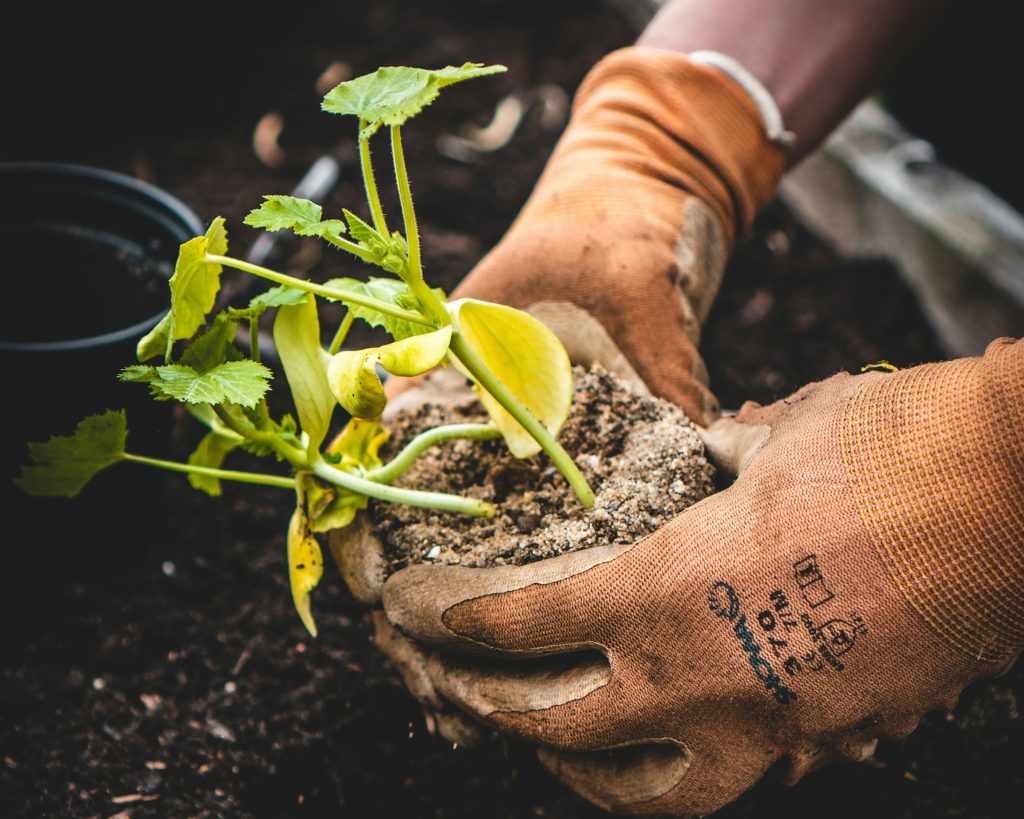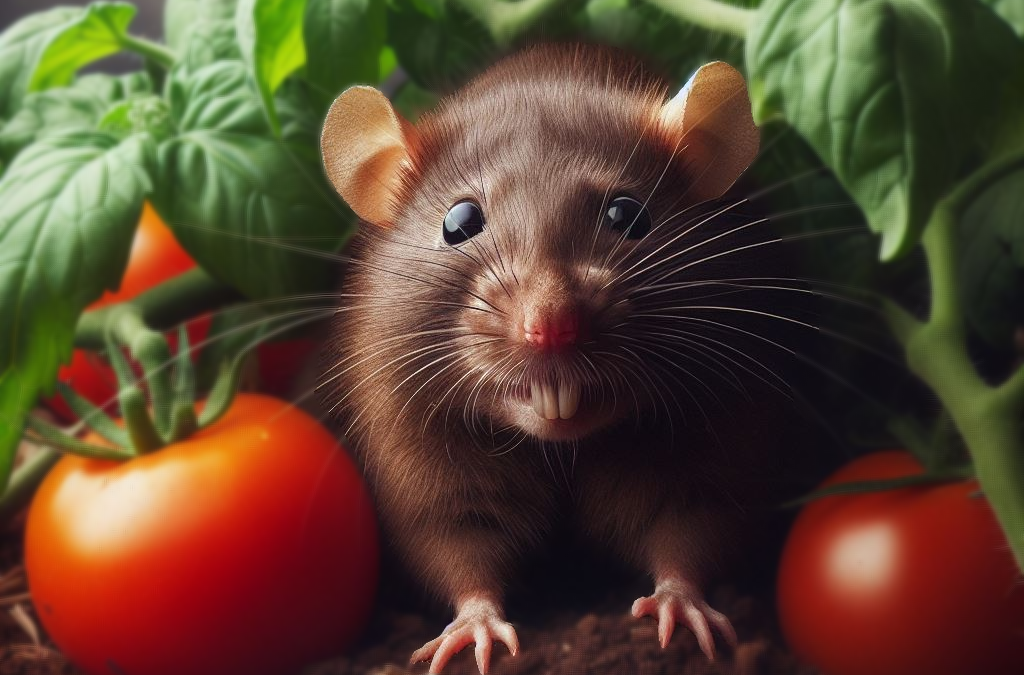As the temperatures rise and the flowers bloom, many homeowners are eager to dive into spring landscaping and gardening projects. While sprucing up your outdoor space can enhance curb appeal and create a vibrant atmosphere, it’s essential to be mindful of potential pest problems, particularly when it comes to rats and mice.
These unwanted guests can take advantage of landscaping features, flowers, and vegetable gardens as sources of food, shelter, and nesting materials. You would be amazed with how many clients I speak to that have given up on their vegetable gardens because every tomato that grows the rats snack on the end of the fruit before the client can get to them. But fear not! With a few proactive measures, you can enjoy a beautiful outdoor oasis while minimizing the risk of rodent infestations. Here are some tips to consider as you embark on your spring landscaping journey:
Mindful Plant Selection:
When choosing plants for your landscaping, opt for varieties that are less attractive to rodents. Consider plants with strong scents or prickly textures that may deter pests. Additionally, avoid planting dense ground covers or shrubs that provide hiding spots for rodents. Keep this in mind, rats and mice are prey species, and they are always looking for harborage to protect against predators. Dense ground cover = rodent comfort.
Strategic Garden Layout:
When planning your vegetable garden, consider its proximity to your home. Locate garden beds away from exterior walls and structures to reduce the likelihood of rodents nesting near your house. Install barriers, such as fencing or raised beds, to make it more challenging for rodents to access your crops.

Photo by Jonathan Kemper on Unsplash
Proper Mulching:
While mulch can help retain moisture and suppress weeds, it can also provide hiding spots for rodents. Opt for inorganic mulch materials like gravel or rock instead of organic mulches like wood chips or straw, which can attract pests.
Regular Maintenance:
Keep your landscaping well-maintained by trimming up bushes and shrubs by removing the lower branches and letting the sunlight in. Eliminating shadows will make those areas less attractive to rodents because they feel exposed and unsafe. Also remove debris, and clear away clutter. By eliminating hiding spots and nesting materials, you can make your property less appealing to rodents.
Secure Food Sources:
If you have bird feeders or compost bins in your yard, ensure they are properly secured and inaccessible to rodents. Use squirrel-proof bird feeders and tightly sealed compost bins to prevent rodents from accessing food sources.
Limit Water Sources:
Rodents are attracted to sources of water, so be mindful of standing water in your yard. Fix leaky outdoor faucets, empty water trays under potted plants, and avoid overwatering your lawn or garden beds to the point of puddling. Also be mindful of items stored that could be holding water collected from the winter, such as old potting containers, buckets, or tires.
Routine Inspections:
Regularly inspect the exterior of your home for potential entry points, such as gaps around doors, windows, and utility penetrations. Seal any cracks or openings to prevent rodents from gaining access to your home.
Professional Pest Control:
Consider enlisting the help of a professional pest control technician from Good Earth Pest Company for proactive rodent prevention. We can seal up your home so that rats and mice cannot get in, giving you peace of mind. Afterwards, we can provide tailored solutions and ongoing monitoring to keep rodent activity in check. More about our rodent control solutions can be found BY CLICKING HERE!
By incorporating these tips into your spring landscaping efforts, you can create a beautiful outdoor space while minimizing the risk of rodent infestations around your home. With a little planning and proactive pest management, you can enjoy a pest-free environment all season long.
Happy gardening!
Adam Hiddelson



